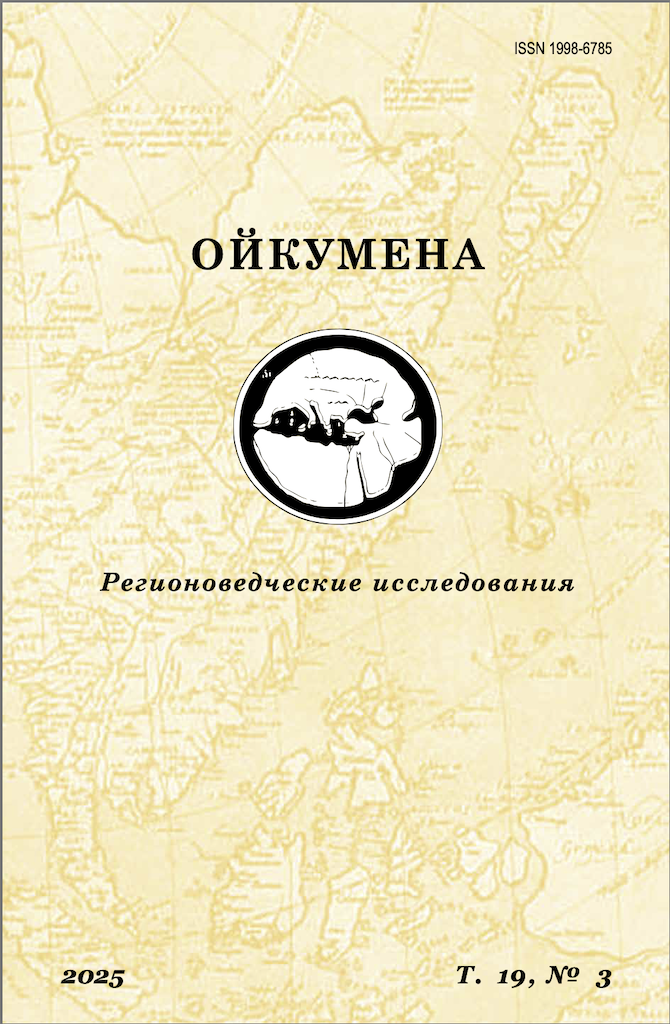Статья представляет результаты scoping review публикаций 2023–2025 гг. о применении искусственного интеллекта (ИИ) в высшем образовании для педагогической поддержки. В рамке Human-Computer Interaction ИИ рассматривается как участник учебного взаимодействия. Выделены пять типов поддержки: аналитически управляемые подсказки; когнитивные ассистенты; дидактически структурированные чат-боты; образовательный дизайн заданий; алгоритмически сгенерированные рекомендации. Эффективность зависит от встроенности ИИ в учебный процесс и способности усиливать когнитивную активность студентов.
педагогическая поддержка, ИИ-инструменты, высшее образование, обзор, агентность студентов
1. Arksey H., O’Malley L. Scoping studies: towards a methodological framework // International Journal of Social Research Methodology. 2005. Vol. 8. No. 1. P. 19–32. https://doi.org/10.1080/1364557032000119616
2. Bai S., Lo C. K., Yang C. Enhancing instructional design learning: a comparative study of scaffolding by a 5E instructional model-informed artificial intelligence chatbot and a human teacher // Interactive Learning Environments. 2025. Vol. 33. No. 3. P. 2738–2757. DOI: https://doi.org/10.1080/10494820.2024.2420184
3. Chen Y., Xiao S., Song Y., Li Z., Sun L., Chen L. MindScratch: a visual programming support tool for classroom learning based on multimodal generative AI // International Journal of Human–Computer Interaction. 2025. P. 1–19. DOI: https://doi.org/10.1080/10447318.2025.2475991
4. Darvishi A., Khosravi H., Sadiq S., Gašević D., Siemens G. Impact of AI assistance on student agency // Computers & Education. 2024. Vol. 210. 104967. DOI: https://doi.org/10.1016/j.compedu.2023.104967
5. Holstein K., Aleven V., Rummel N. A conceptual framework for human–AI hybrid adaptivity in education // International Conference on Artificial Intelligence in Education. Cham: Springer, 2020. P. 240–254. DOI: https://doi.org/10.1007/978-3-030-52237-7_20
6. Holstein K., McLaren B. M., Aleven V. Co-designing a real-time classroom orchestration tool to support teacher-AI complementarity // Journal of Learning Analytics. 2019. No. 6(2). P. 27–52. https://doi.org/10.18608/jla.2019.62.3
7. Jangra A., Mozafari J., Jatowt A., Muresan S. Navigating the landscape of hint generation research: from the past to the future // Transactions of the Association for Computational Linguistics. 2025. Vol.13. P. 505–528. DOI: https://doi.org/10.1162/tacl_a_00751
8. Jenay R., Muscanell N., McCormack M., Pelletier K., Kim A., Arbino N., Young K., Reeves J. 2025 EDUCAUSE Horizon Report, Teaching and Learning Edition. Boulder, CO: EDUCAUSE, 2025. URL: https://library.educause.edu/-/media/files/library/2025/5/2025hrteachinglearning.pdf (accessed 13.07.2025).
9. Liao J., Zhong L., Zhe L., Xu H., Liu M., Xie T. Scaffolding computational thinking with ChatGPT // IEEE Transactions on Learning Technologies. 2024. Vol. 17. P. 1628–1642. https://doi.org/10.1109/TLT.2024.3392896
10. Lim L., Bannert M., van der Graaf J., Singh S., Fan Y., Surendrannair S., et al. Effects of real-time analytics-based personalized scaffolds on students’ self-regulated learning // Computers in Human Behavior. 2023. Vol. 139. 107547. DOI: https://doi.org/10.1016/j.chb.2022.107547; EDN: https://elibrary.ru/SCAAZG
11. Norman D. A. Affordance, conventions, and design // Interactions. 1999. Vol. 6. No. 3. P. 38–43. DOI: https://doi.org/10.1145/301153.301168
12. Prather J., Reeves B. N., Denny P., Becker B. A., Leinonen J., Luxton-Reilly A., Santos E. A. "It’s weird that it knows what I want": usability and interactions with Copilot for novice programmers // ACM Transactions on Computer-Human Interaction. 2023. Vol. 31. No. 1. P. 1–31. DOI: https://doi.org/10.1145/3617367
13. Sharples M. Mobile learning: research, practice and challenges // Distance Education in China. 2013. Vol. 3. No. 5. P. 5–11.
14. Tricco A. C., Lillie E., Zarin W., O’Brien K. K., Colquhoun H., Levac D., Straus S. E. PRISMA extension for scoping reviews (PRISMA-ScR): checklist and explanation // Annals of Internal Medicine. 2018. Vol. 169. No. 7. P. 467–473. DOI: https://doi.org/10.7326/M18-0850
15. Wilson K., Devereux L. Scaffolding theory: high challenge, high support in academic language and learning (ALL) contexts // Journal of Academic Language and Learning. 2014. Vol. 8. No. 3. P. A91–A100.
16. Woods D. J., Bruner J., Ross G. The role of tutoring in problem-solving // Journal of Child Psychology and Psychiatry. 1976. Vol. 17. P. 89–100. DOI: https://doi.org/10.1111/j.1469-7610.1976.tb00381.x
17. Woodward-Kron R. Negotiating meanings and scaffolding learning: writing support for non-English speaking background postgraduate students // Higher Education Research and Development. 2007. Vol. 26. No. 3. P. 253–268. DOI: https://doi.org/10.1080/07294360701494286
18. Zawacki-Richter O., Marín V. I., Bond M., Gouverneur F. Systematic review of research on artificial intelligence applications in higher education: where are the educators? // International Journal of Educational Technology in Higher Education. 2019. Vol. 16. No. 1. P. 1–27. DOI: https://doi.org/10.1186/s41239-019-0171-0; EDN: https://elibrary.ru/HQOQKY
19. Zhang Y., Mohammad Mirzaei A., Mouza C., Pollock L., Guidry K. Examining computational thinking across disciplines in higher education classrooms: learning outcomes from student-generated artifacts // Journal of Computing in Higher Education. 2025. P. 1–37. https://doi.org/10.1007/s12528-024-09425-1 EDN: https://elibrary.ru/HQKUNY











